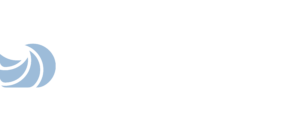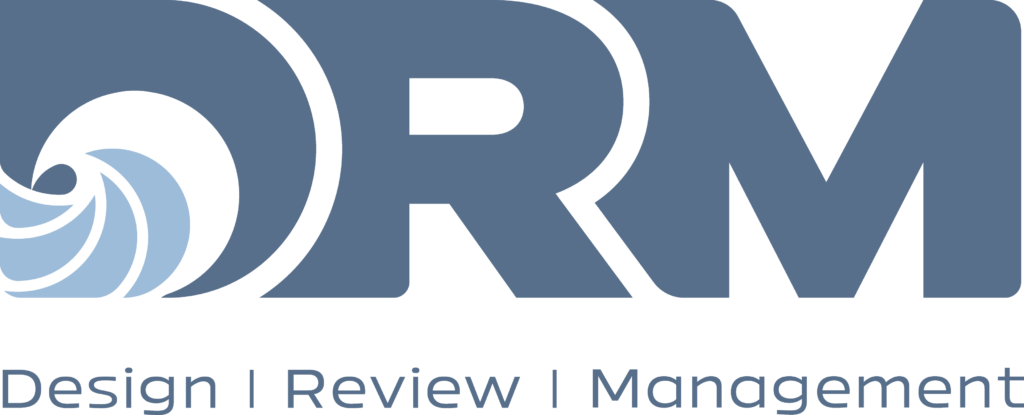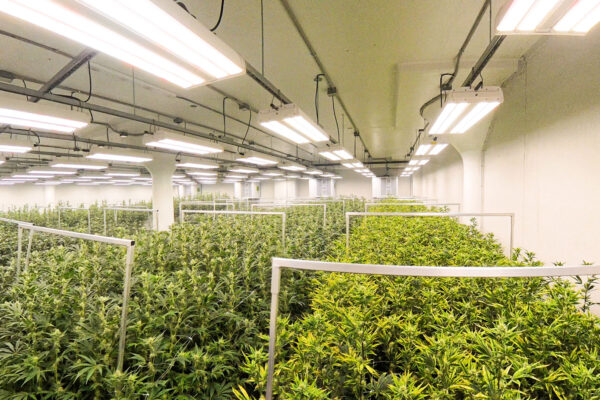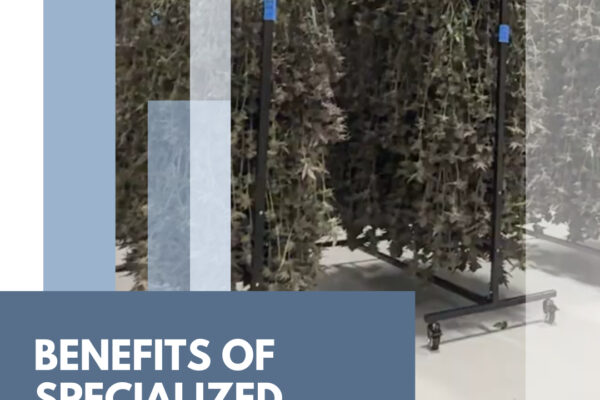The Ask Forgiveness Industry: Understanding Strategic Risk in Cannabis Development
In most established industries, proceeding without the essential permits is a significant liability. However, in the always-changing world of the cannabis industry, this can unexpectedly become a competitive strategy.
As legalization continues its expansion, the supporting infrastructure often lags, leaving the cannabis industry to navigate a complex environment of changing regulations, inconsistent implementation, and interfering impediments. Accompanied by this inherent uncertainty, a clear development model has emerged that challenges conventional timelines and legal expectations. This approach, often discussed more discreetly than openly, is known as the “ask for forgiveness, not permission” strategy. It represents a practical adaptation to the sector’s unique regulatory environment. This approach is hardly a reckless risk; instead, it’s often a planned, financially driven choice made by operators and developers facing costly delays. In the cannabis industry, time is more than just money; it represents crucial momentum, market share, and survival.
As Nic Bucholz, CEO of Design Review Management (DRM), explains: “People don’t realize the importance and the significant value of every single day. The daily amounts of income lost are considerably higher. Smaller facilities can lose 10-50k a day while larger ones start at 200k per day.”
When faced with obstacles from permitting departments, utility providers, or zoning boards, many cannabis businesses have reviewed their choices and decided to proceed with construction. In certain areas, this results in a fine or a formal warning. In others, it’s the decisive factor between carving out a leading market position and completely missing their window of opportunity.
This isn’t about ignoring safety or trying to bypass regulations altogether. Some of the most successful examples comes from developers who built everything to full code specifications, with expert execution, they just did so before all the paperwork was finalized.
Nic has worked on many cannabis projects that moved forward before securing full permits. Some were shut down or red-tagged, but many, particularly those built with attention to safety and code compliance, were allowed to proceed while the paperwork caught up. “It’s not just about appearances, it’s a real strategy,” said Nic Bucholz.
Risk vs. Reward
So, why would a business choose to navigate this minefield of potential penalties? Ultimately, it comes to a weighted decision, where the immediate benefits often reward the later risks, especially in a market as fast-moving as cannabis.
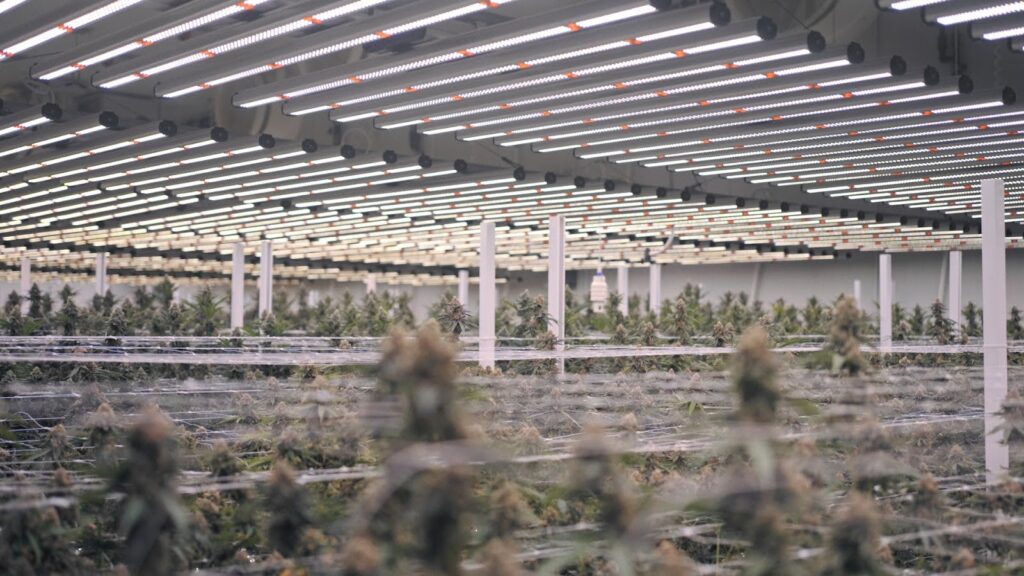
On the risk side, you face several significant challenges. Financially, those daily penalties can quickly erase any supposed savings, turning a smart move into a significant drain on your profits. Operationally, forced shutdowns aren’t just inconvenient; they freeze revenue, potentially ruin products, and completely disrupt both the supply chain and customer relationships. Then there’s the legal uncertainty. Delays in final certifications could leave your business in an indefinite legal limbo, making everything from securing insurance to attracting future investments and expanding a real nightmare. Finally, a track record of non-compliance, even temporary, can severely damage your reputation with local authorities, leading to increased inquiry and a difficult battle for any future permits, turning a quick fix into a headache. Some operators are willing to take the risk because they believe the potential rewards are worth it.
Despite the clear risks, taking an “ask for forgiveness” approach in the cannabis industry can explain powerful advantages key to long-term success. For starters, it’s a direct path to market leadership. In such a shifting environment, being among the first to open your doors lets you capture significant market share before competitors even get off the ground. That early lead often proves incredibly difficult for others to overcome. Beyond that, it’s about cashing in on demand. Legalization frequently triggers a massive surge in consumer interest, and getting products out during this initial boom allows businesses to secure vital early revenue and cultivate strong brand and customer loyalty right when consumers are most eager. Miss this critical window, and businesses could be leaving substantial money on the table.
This business strategy also offers a way to avoid costly delays. Cannabis permitting is extremely slow and unpredictable, often slow for months or even years. These aren’t just minor frustrations; they translate directly into millions in lost income, ongoing expenses for useless assets, and frustrated investors. Building ahead lets businesses avoid these complex obstacles and start earning money sooner, transforming heavy costs into active, revenue-generating investments.
Finally, for many new ventures, establishing operational capability quickly is key to attracting further investment and proving viability. In an operational facility, even if the paperwork is still being finalized, it serves as visible proof of your business model. It’s far more appealing to investors than a project stuck in endless limbo, effectively showing that you’re an active business, not just a planner.
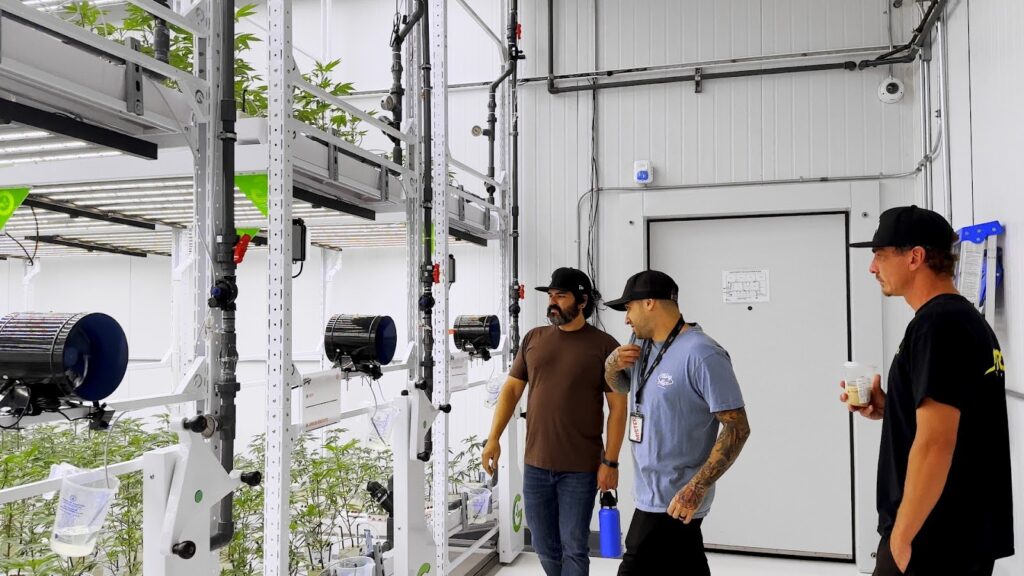
This dynamic has led to a scenario where operators often proceed with construction in advance, carefully documenting each step and preparing to retroactively legalize their projects. It’s often found that those who apply this approach with discipline, consistently maintaining code compliance and quality standards throughout the process, are well-positioned to pass inspections once the formal permitting catches up. In this context, DRM’s role is critical.
We ensure that every project, regardless of its initial timeline or execution, is designed to the highest standard for customer satisfaction. Their comprehensive documentation, precise design process, and clear client communication all underscore a deep commitment to long-term compliance, even when on-site work might begin before formal approval.
As Nic from DRM explains, “We always produce code-compliant documentation. What clients choose to do on site is their decision, but we make sure it’s based on fully informed choices.” This commitment provides clients with a strong perspective, even in unconventional circumstances.
This approach in the cannabis industry isn’t about disregarding the law; it’s more about a strategic adaptation. It’s a direct response to systems that simply weren’t designed to keep pace with the rapid evolution of cannabis entrepreneurship. While the specific calculations differ for each operator who chooses this path, the core truth remains constant: speed still wins in cannabis, and the supporting infrastructure is still playing catch-up.
Until permitting systems become as rapid, transparent, and scalable as the industry they’re meant to regulate, calculated risk will remain a match in cannabis development. This isn’t because operators are willing to bend the rules, but rather because the rules themselves haven’t changed quickly enough to keep up with the industry’s growth and demands.
Give Yourself the Competitive Advantage
At DRM, we don’t push boundaries just for the benefit of speed. The real job is to help clients navigate complex situations with clarity, smart strategy, and a full understanding of what’s at risk. In an industry where timelines can make or break a business, DRM sees itself as both a technical expert and a true partner. We offer guidance that’s always established in compliance, inspired by creativity, and with years of experience navigating shifting regulations, we know how to keep you compliant and confident.
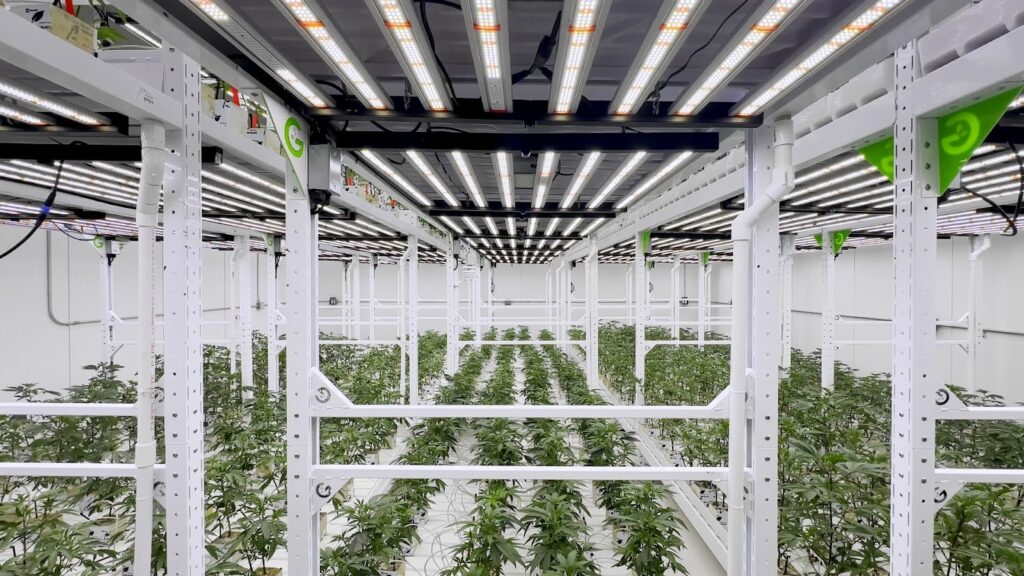
We genuinely get the pressures our clients are under. That’s why we approach every project with empathy, delivering high-quality work that truly fits their needs and reflects their vision, even when the environment around them is unpredictable. We believe in our clients, meeting with them whenever they are on their unique journey with care and flexibility. Priority isn’t just producing great designs; it’s about empowering bold ideas to move forward responsibly, with intelligence, and integrity At DRM, we don’t just build, we pave the way forward.
